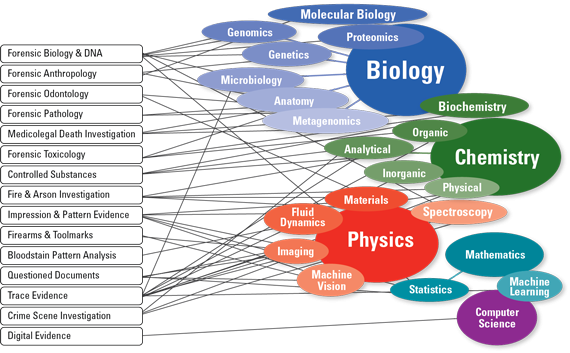Exhibit 1. Most Common Forensic Disciplines
Forensic science is the application of scientific principles and methods to matters of law and comprises a broad array of science, math, and engineering disciplines. Forensic scientists typically obtain a bachelor's or master's degree in chemistry, biology, physics, or computer science and then specialize in a specific area of study, such as toxicology, pathology, or DNA. These broad scientific disciplines give rise to many forensic subdisciplines that require specialized training and expertise.
Exhibit 1 shows these subdisciplines: Forensic biology and DNA; forensic anthropology; forensic odontology; forensic pathology; medicolegal death investigation; forensic toxicology; controlled substances; fire and arson investigation; impression and pattern evidence; firearms and toolmarks; bloodstain pattern analysis; questioned documents; trace evidence; crime scene investigation; and digital evidence.


